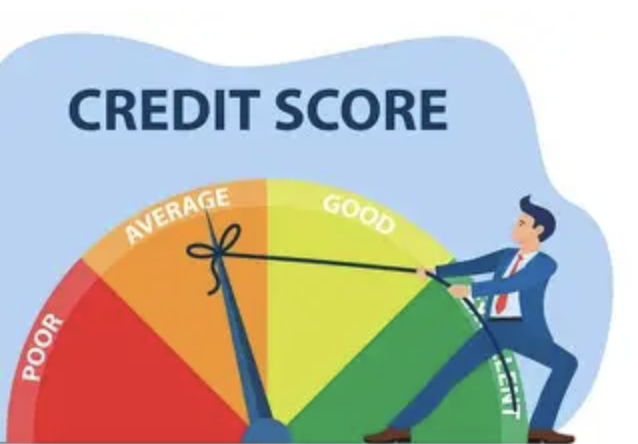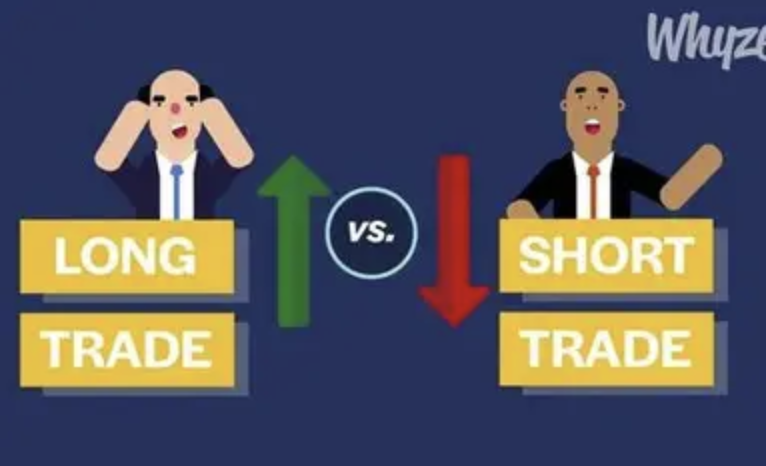The Truth Behind Installment Payments: Are You Really Saving?
The False Promise of "Interest-Free"
Numerous installment plans advertise themselves with the tempting "interest-free" tag, which might appear to be an excellent offer. However, this can be misleading. Retailers might impose a "processing fee" or "administrative charge" instead. For example, when you’re enticed to purchase a premium smartphone through a 12-month "interest-free" payment plan, there may be an upfront fee of 5% to 10%. This charge, distributed throughout the payment term, acts as concealed interest. Although you aren’t facing typical interest, you are still paying extra that you may not have accounted for at first.

Tendency to Spend More
Payment plans make expensive items seem less daunting by dividing the total cost into smaller payments. This can result in overspending. Research indicates that customers are 40% more likely to buy something they hesitated over when presented with an installment option. For instance, a luxury handbag priced at $1,000 feels more manageable when broken down into $100 monthly payments for ten months compared to paying the full price upfront. Consequently, you might find yourself purchasing it even if it’s not a necessity, simply because the payment seemed easier. Such impulsive purchases can quickly accumulate, putting pressure on your budget.
Effects on Your Credit Score
Although certain installment plans can positively affect your credit score if payments are made on time, failing to pay can have the opposite effect. Late payments on an installment loan can severely hurt your credit score. For example, if you miss a payment on your car loan, it might remain on your credit record for seven years. This poor rating can complicate and raise the costs of obtaining future loans like a mortgage or business financing. Thus, while installment plans offer convenience, they also require a commitment to timely payments.

Evaluating Long-Term Costs
It's essential to consider the long-term expenses associated with installment payments. Suppose you’re buying a home appliance through a 24-month payment plan costing $1,200. With the plan’s added fees and interest, you could end up paying a total of $1,400. If you had saved the full amount upfront instead, that extra $200 could have been used for savings or other investments. Over time, these seemingly small differences in cost can add up and significantly affect your financial situation.

Concealed Terms and Conditions
Often, installment plans include undisclosed terms and conditions. Some might come with penalties for early repayment. If you desire to pay off your loan before the due date to save on interest, you could face a fee that negates any potential savings. Furthermore, the fine print may outline how the lender can alter the interest rate or payment terms under specific conditions. For instance, during an economic decline, the lender could raise the interest rate on your installment loan, resulting in higher payments than expected.
A frequently overlooked clause is the “minimum payment trap.” Although plans may promote low monthly minimum payments, the details in the fine print usually show that a large portion of this payment is used for interest instead of paying down the principal. As a result, you might find yourself spending much more over time, even if you keep making your payments on time. Additionally, some plans feature “late fee cascades.” Missing just one payment can result in a late fee, and it might also reset your payment schedule or cancel any promotional interest rates, leading to increased overall expenses.
(Writer:Dirick)




